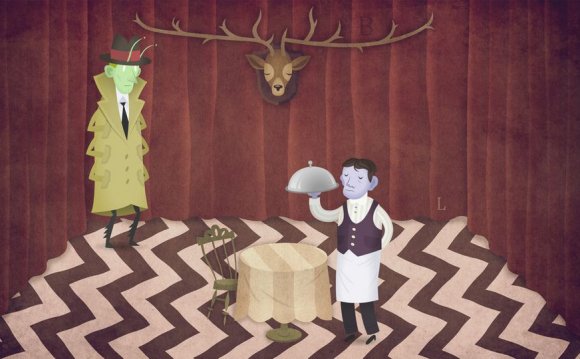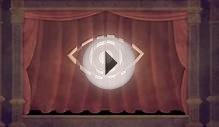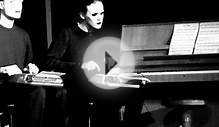
The works of Franz Kafka present an interesting case: Camus opens up by asserting that Kafka's works can be re-read, that they're ready to accept numerous possible interpretations, and they tend to be extremely symbolic in the wild.
The Trial checks out as a-work of outrageous fiction. It tells the storyline of Joseph K., that is accused, brought before court, and condemned, without previously discovering for just what criminal activity he has got been recharged. Having been condemned, their life returns to normalcy, but he struggles to discover what he's been faced with also to charm the court's decision. The book concludes with Joseph K.'s execution, with no description is given.
Every thing seems normal to Joseph K. although he inhabits a global with an unusual reasoning that he accepts. This peculiar reasoning is a result of Kafka's complex symbolism, that he makes use of to link the ordinary globe using world of our spiritual aspirations and supernatural anxieties. In The test we see all the anxiety, ambiguity, and hope of our religious life projected to the really concrete realities of a judicial system and bureaucracy. The Trial checks out as outrageous toward degree that it discusses the religious life in terms of tangible, each and every day realities.
Camus describes that logic and ordinariness are important to tragedy therefore the ridiculous. The scary within tragedy therefore the absurd come from witnessing frightful consequences drop out as part of an all natural, logical order. The perverse logic for the ridiculous, as well as Kafka's works, causes united states to acknowledge that what repels united states also is sensible.
Inside Castle, Kafka goes beyond the outrageous world he describes into the test and tries to find a reason or some kind of hope. The Castle tells the story of a character named K., which arrives in a town because he has been appointed the Land Surveyor on castle inside town. But K. finds that he is incapable of communicate with the palace, and the villagers refuse to believe he's got any authority. This tale is less dark and hopeless in contrast to The Trial, as there's always a sense of hope that K. might create some breakthrough. He tries to be an integral part of town, and goes into into a relationship with a lady that has had some wrap to the castle. At the conclusion of the story, he abandons this lady for family that's the many outcast and least accepted by either the castle and/or villagers. Camus checks out The Castle as a deification associated with the ridiculous, some sort of existential jump comparable to Kierkegaard's.
The Trial shows us that there's no desire to be found in the world, and so Kafka generally seems to deduce within the Castle this tends to make hope in God much more sensible. The lucidity attributable to outrageous reasoning is sterile, therefore Kafka denies it in support of an existential jump.
RELATED VIDEO











